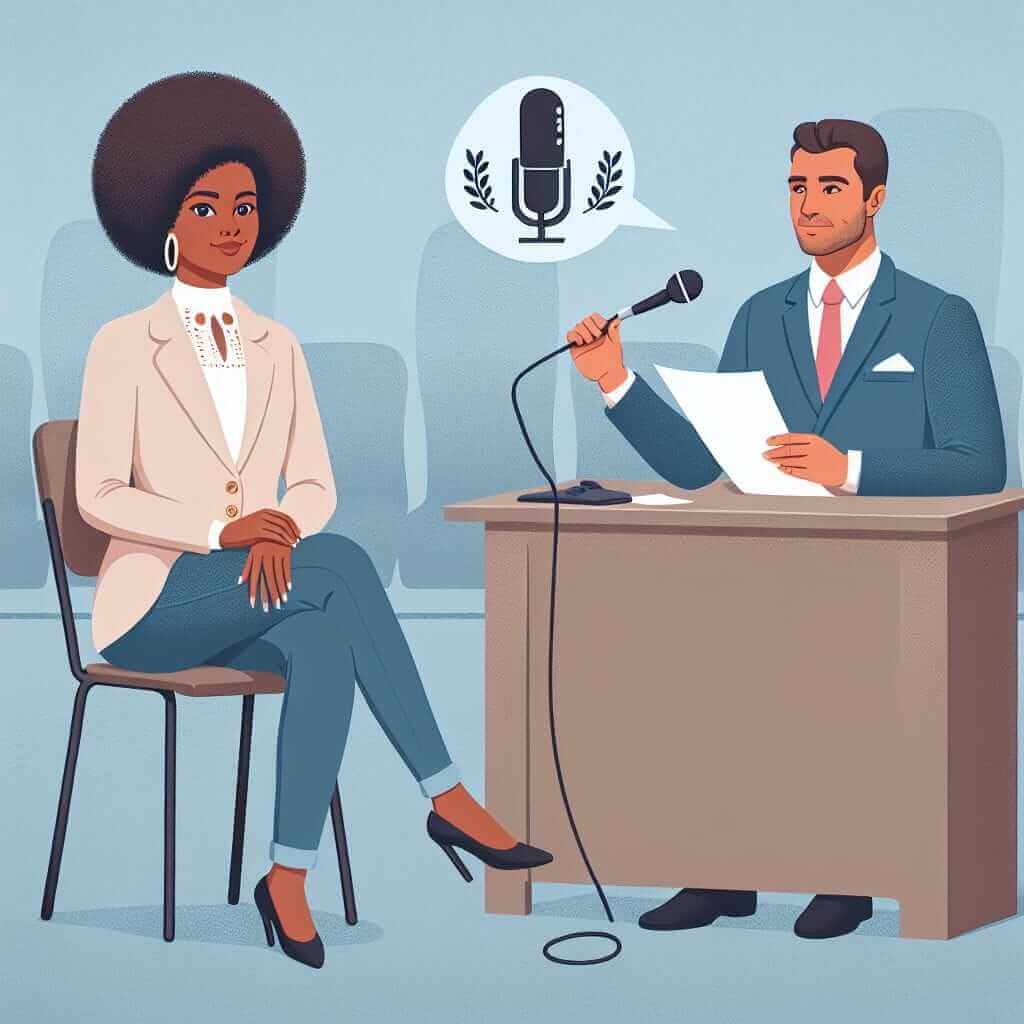As an IELTS instructor with over 20 years of experience, I often get asked about common Speaking test topics. One that frequently pops up is the question, “Are you a student?” This seemingly simple question can throw some candidates off guard. Let’s break down why it’s asked and how you can deliver a strong, confident answer.
Why the IELTS Exam Asks “Are You a Student?”
The IELTS Speaking test aims to assess your ability to communicate effectively in English in a natural, conversational setting. Here’s why the examiner might ask about your student status:
- It’s a Familiar Topic: Most people have experience being a student at some point in their lives. This allows the examiner to assess your language skills on a relatable subject.
- It Opens Up Further Discussion: Your answer can lead to follow-up questions about your studies, future plans, or even your opinions on education.
- It Gauges Fluency and Coherence: The examiner observes how well you structure your response, use linking words, and maintain a natural flow of conversation.
How to Answer “Are You a Student?”
The key is to provide a clear and concise answer while demonstrating your English language proficiency. Here’s a step-by-step approach:
-
Direct Answer: Begin by directly answering the question.
- If you are currently a student: “Yes, I am. I’m currently studying…”
- If you were a student in the past: “Not anymore, but I used to study…”
- If you’ve never been a student in a formal setting: “I haven’t been a student in a traditional sense, but I’m a lifelong learner…”
-
Provide Details: Expand on your answer by providing relevant details:
- Current students: Mention your field of study, the level you’re at (e.g., undergraduate, postgraduate), and the name of your institution.
- Past students: State what you studied, when you graduated (or if you’re still completing your studies), and the name of your institution.
- Non-students: Briefly explain your learning journey or how you pursue knowledge independently.
-
Offer Additional Information (Optional): If time and the flow of conversation allow, you can add a sentence or two about your:
- Reasons for choosing your field of study
- Future career aspirations
- Enjoyable aspects of being a student (or challenges you’ve faced)

Example Answers:
Here are a few examples to illustrate effective responses:
- Example 1 (Current Student): “Yes, I am a student. I’m in my final year of a Bachelor’s degree in Computer Science at the University of [Your City/Town]. I’m really enjoying specializing in artificial intelligence.”
- Example 2 (Past Student): “Not at the moment, but I graduated last year with a degree in Business Administration from [Name of Institution]. I’m now looking to apply my skills in the marketing field.”
- Example 3 (Non-Student): “I’m not a student in the traditional sense of attending university, but I’m a passionate self-taught web developer. I’m always eager to learn new coding languages and improve my skills.”
Key Tips for Success:
- Be Prepared: Anticipate common questions like this one. Practice your answers beforehand to boost your confidence.
- Stay Relevant: Keep your response focused and avoid going off on tangents.
- Show Enthusiasm: Speak naturally and with enthusiasm, demonstrating your genuine interest in the topic.
- Use Linking Words: Connect your ideas smoothly using transition words and phrases like “and,” “because,” “however,” “in addition to,” etc.
- Don’t Memorize: While it’s good to practice, avoid memorizing entire answers. The examiner wants to assess your ability to communicate spontaneously.
Conclusion
Remember, the “Are you a student?” question is an opportunity for you to showcase your English language skills. By preparing well, speaking clearly, and providing relevant details, you’ll be well on your way to impressing the examiner and achieving a high score on the IELTS Speaking test. Good luck!